Success of Vienna talks important for Iran, entire region: Lebanon president
Lebanese President Michel Aoun has underlined the importance of promoting peace among all nations, expressing hope that the ongoing talks between Iran and the P4+1 group of countries in the Austrian capital of Vienna aimed at reviving the 2015 Iran deal will end in success in order to bring peace not only for Iran but for the entire region.
In a meeting with Iranian Minister of Culture and Islamic Guidance Mohammad Mehdi Esmaeili in Beirut on Monday, Aoun said the success of the Vienna talks "in a way that would guarantee comfort of people and their happy life signals peace not only for Iran, but for the entire region."
He added that Iran has managed to "deal with the difficult circumstances it has faced and succeeded in developing its industries … despite the imposition of sanctions and deprivations [against it].”
The Lebanese president also expressed his country's willingness to maintain best relations with Iran.
The US unilaterally left the 2015 agreement, officially known as the Joint Comprehensive Plan of Action (JCPOA), in 2018 and re-stored the sanctions that had been lifted under the accord. Washington’s European allies in the deal—France, Germany, and the United Kingdom—have been toeing the sanctions line closely by ending their trade activities with Iran.
The Vienna talks began last April between Iran and the remaining parties to the JCPOA on the assumption that the US, under the Joe Biden administration, is willing to repeal the so-called maximum pressure policy pursued by former president, Donald Trump, against Tehran.
Iran says it won’t settle for anything less than the removal of all US sanctions in a verifiable manner. It also wants guarantees that Washington would not abandon the agreement again.
Iran's chief negotiator Ali Bagheri Kani returned to Vienna on Monday to continue the eighth round of talks with senior representatives of the five remaining parties to the JCPOA on resolving the remaining issues pertaining to the agreement's revival. He flew to Tehran last week to hold consultations and receive necessary directives.
During the Monday meeting, which was also attended by Judge Mohammad Wissam Mortada, the Lebanese culture minister, Esmaeili hailed the Lebanese president's principled, pivotal and firm positions which have given the country a unique position.
He said the new Iranian administration has an open and constructive foreign policy based on establishing convergence and dialogue with regional countries in general and the friendly and brotherly countries in specific.
He added that strengthening cooperation and constructive convergence among regional countries guarantees their security and stability on one hand and empowers them and prevents interference of foreign countries on the other hand.
Esmaeili pointed to Iran's success, especially in battling the coronavirus pandemic, despite the sanctions imposed on the country and said, "The Vienna talks are proceeding positively, which could help reach a positive and constructive agreement."
The Iranian minister emphasized that Iran insists on reaching a "fair, permanent and lasting" agreement with the P4+1 group of countries in Vienna "in a way that ensures that it will not be cancelled with the change of ... administrations in the United States."
"This will have a positive impact on all the countries and peoples of the region,” he pointed out.
He also emphasized that his visit to Beirut indicates Iran's intention to strengthen brotherly relations with Lebanon in all fields.
Esmaeili stressed that Iranians extend a hand of convergence and cooperation towards Lebanon and are fully prepared to strengthen and consolidate bilateral relations in all areas.
Yemeni missile strikes chaos, mayhem into central Tel Aviv; triggers stampede that injures 20
VIDEO | 444 days of ethnic cleansing
VIDEO | Bethlehem's Christmas dimmed by war, restrictions
Israel admits assassinating Hamas leader, vows to inflict same fate on Yemeni fighters, people
VIDEO | Yemeni forces repel US-British attack, down F-18 Jet
Iran’s capabilities vast; enemy’s ‘maximum pressure’ policies all failed miserably: Senior official
Iran’s economy grew 2.7% y/y in Sep quarter: CBI
VIDEO | Freelancers in Gaza strive to stay online amid genocide


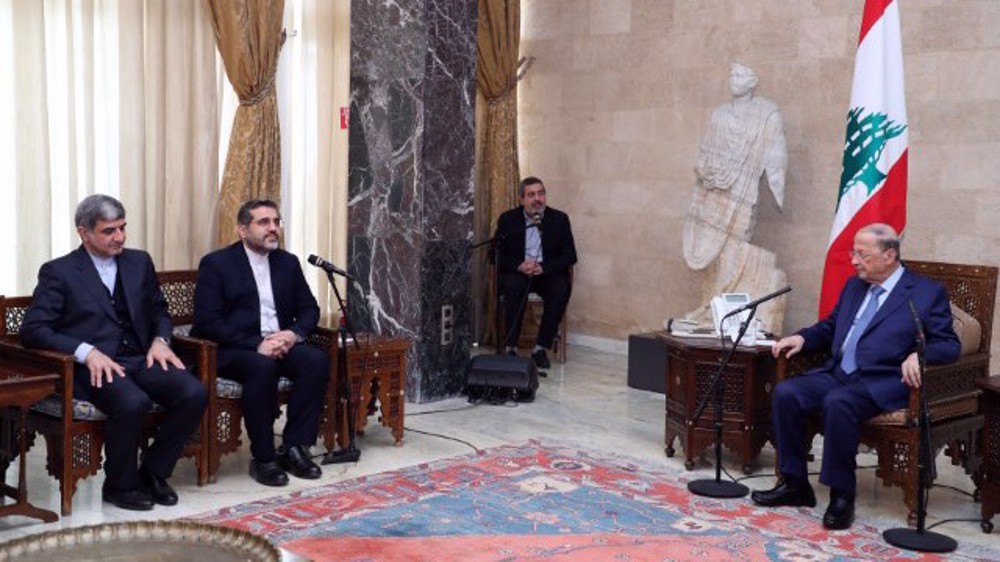
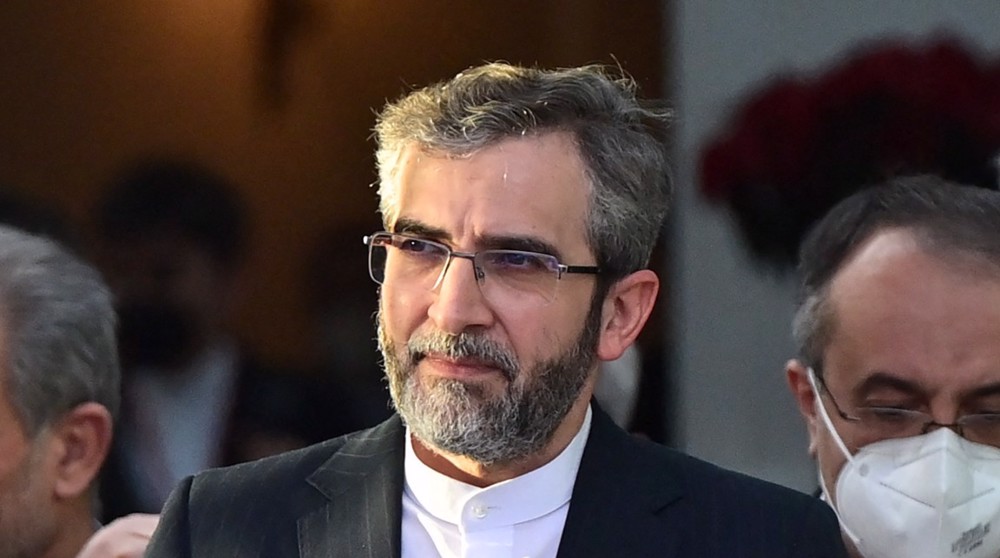
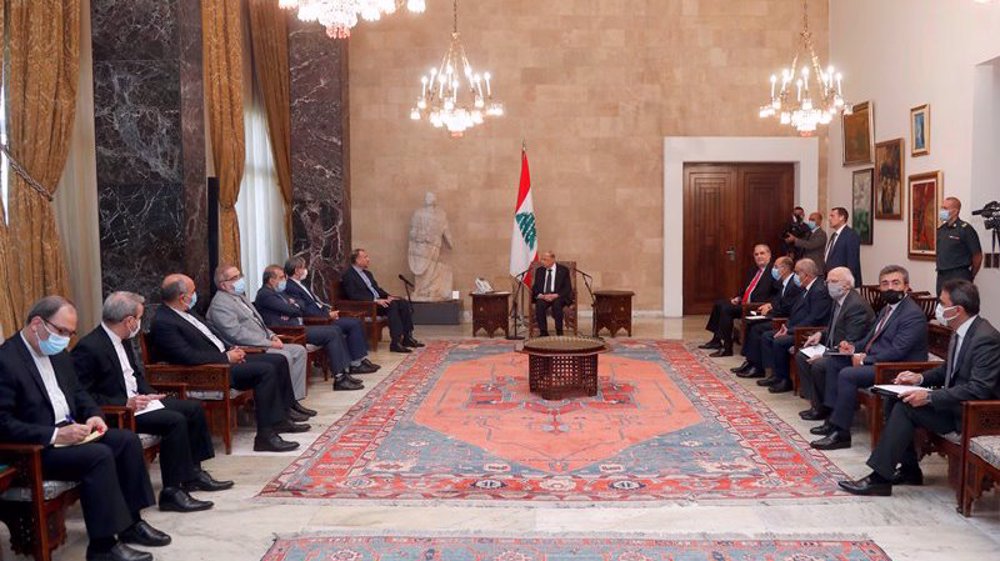
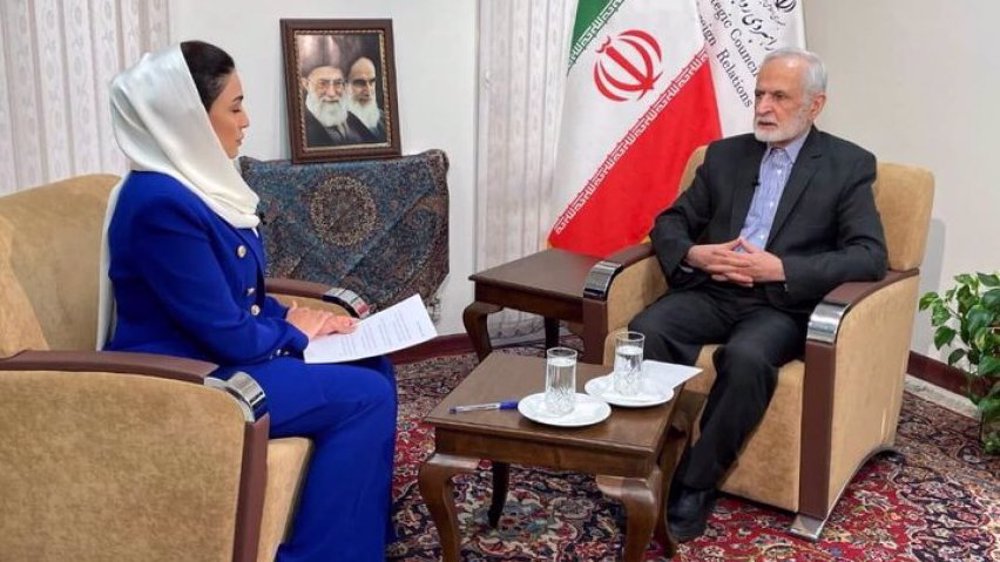
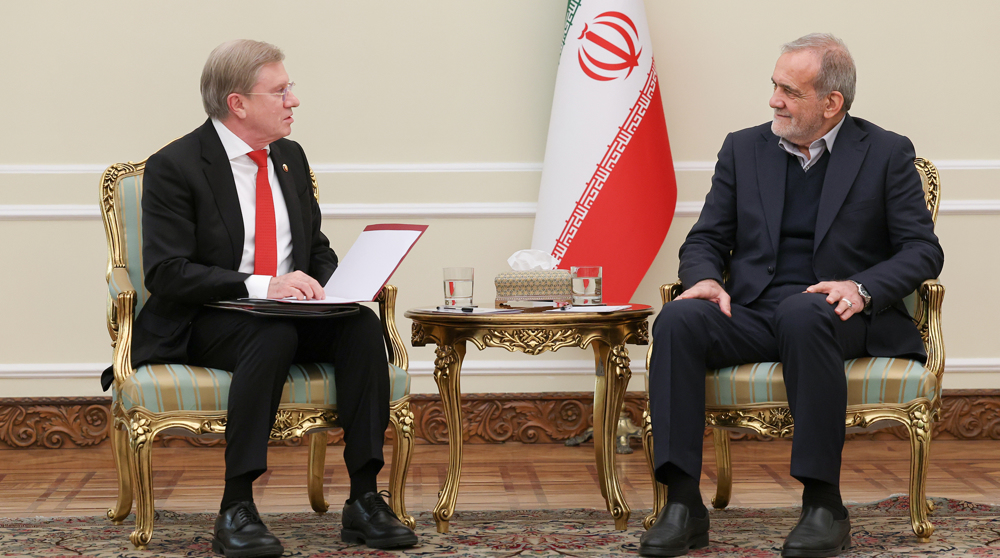
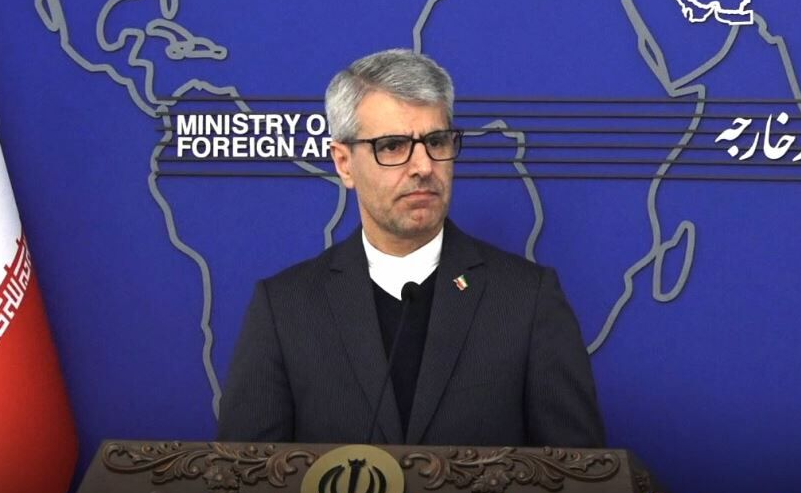




 This makes it easy to access the Press TV website
This makes it easy to access the Press TV website